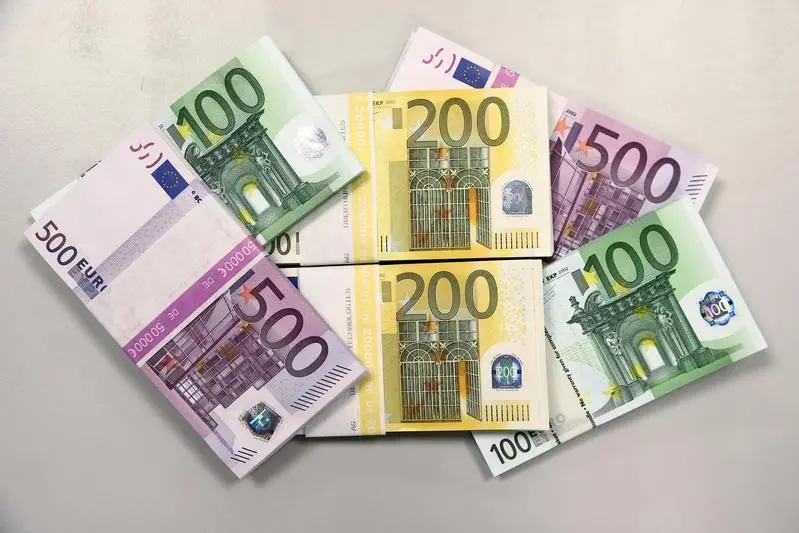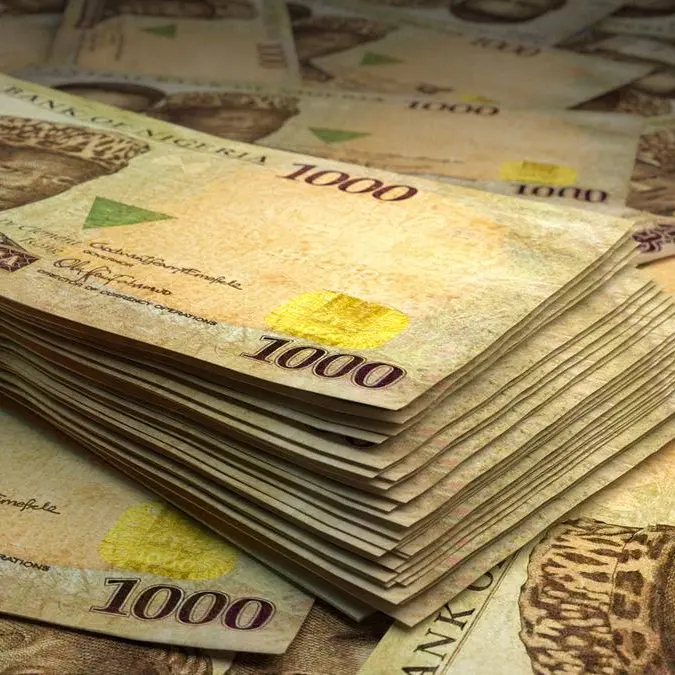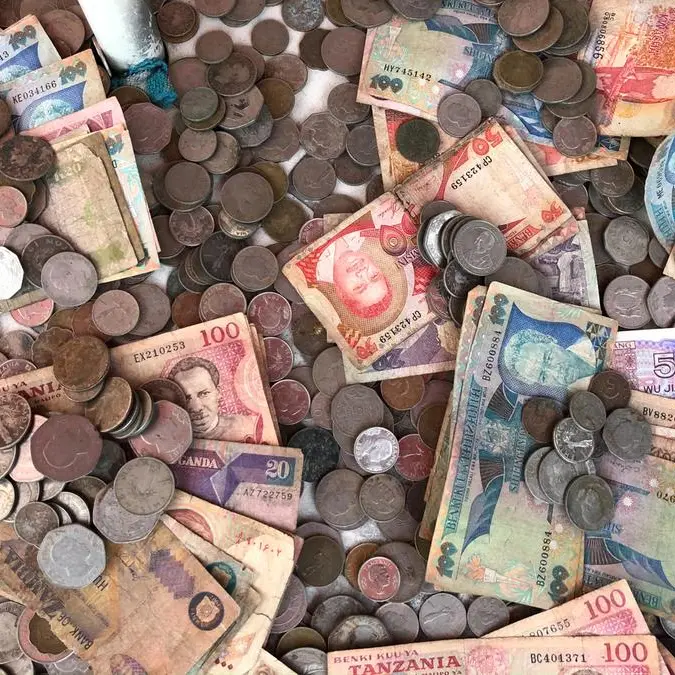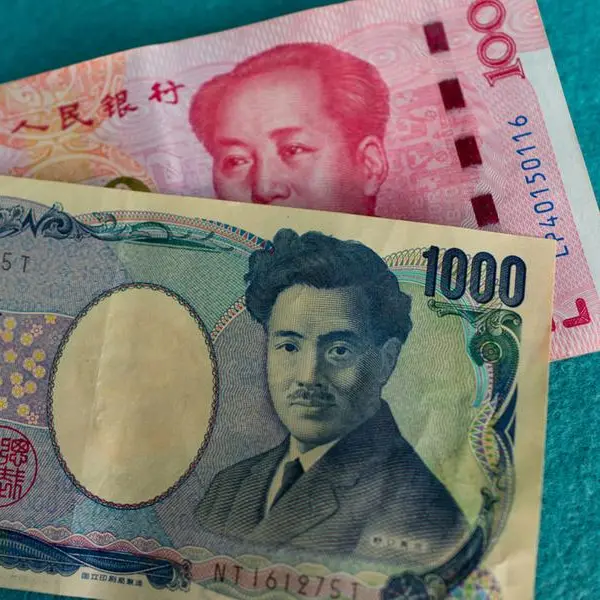PHOTO
Euro zone government bond yields reversed an earlier fall on Wednesday after a moderate rise in U.S. consumer prices, which should allow the Fed cut interest rates next week but is likely to dissuade them from an outsized 50 basis point move.
Germany's 10-year yield, the benchmark for the euro zone, was down 1 basis point (bp) on the day at 2.142%, after earlier hitting a one-month low of 2.108%.
U.S. benchmark 10-year yields, which had earlier fallen to a 15-month low of 3.605%, were up 2 basis points (bps) at 3.6628%. Bond yields move inversely to prices.
The U.S. consumer price index rose 0.2% last month, the Bureau of Labor Statistics said on Wednesday, taking the annual rate to 2.5%, its smallest year-on-year increase since February 2021.
But core CPI - which strips out food and energy components - rose 0.3%, above expectations of 0.2%.
"Given inflation has now steadied at a consistent level, a rate cut next week is now a near certainty," said Lindsay James, investment strategist at Quilter Investors, who added a larger 50 bp move was unlikely this month until the market sees a clearer picture from the labour market.
Money market traders lowered bets on a 50 bp move after the data, now seeing about an 15% chance of a jumbo Fed cut, down from about 29% beforehand.
For the European Central Bank, which announces its latest policy decision on Thursday, markets are betting on a quarter-point move, following a previous rate cut in June.
They also discounted around 62 bps of ECB rate cuts in 2024 , implying two 25 bps moves and almost a 50% chance of a third cut.
"(ECB President Christine) Lagarde is likely to underscore data dependency and taking a meeting-by-meeting approach, as well as emphasising the ECB's independence from the Fed," analysts at Nomura said in a note.
The size and importance of the U.S. economy often drives financial markets and influences other central banks around the world.
Germany's two-year yield, which is sensitive to monetary policy expectations, was down 1.5 bps at 2.184%, having earlier hit its lowest since March 2023 at 2.144%.
Bond yields had been lower earlier after Tuesday's U.S. presidential debate, where Kamala Harris put rival Donald Trump on the defensive, fuelling expectations for a decline in U.S. interest rates. Investors expect trade tariffs and higher spending would boost rates if Trump wins.
For Bunds, the effect of a Trump victory is somewhat ambiguous, analysts argued. Trade tariffs would have an inflationary impact but also drag on the economy, lowering rates. Heightened geopolitical tensions would also weigh on global yields.
Italy's 10-year yield was lower by 3 bps at 3.492%, after earlier reaching 3.469%, its lowest since December 2023.
The gap between Italian and German Bunds - a gauge of the risk premium investors demand to hold Italian government bonds - stood at 134 bps.
Italy's new extra-long bond launched on Tuesday attracted record demand as the country's bond yields remain attractive ahead of an anticipated interest rate cut from the ECB.
(Reporting by Stefano Rebaudo and Samuel Indyk, editing by Ros Russell and Angus MacSwan)




















